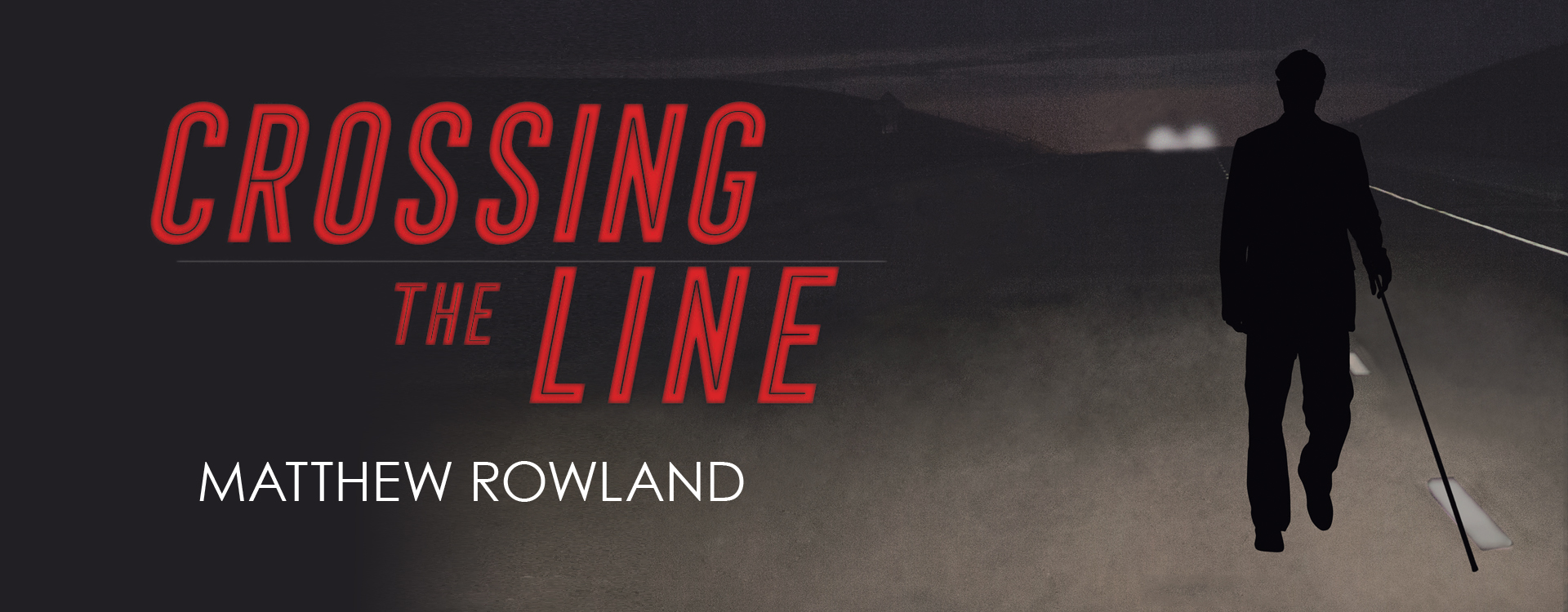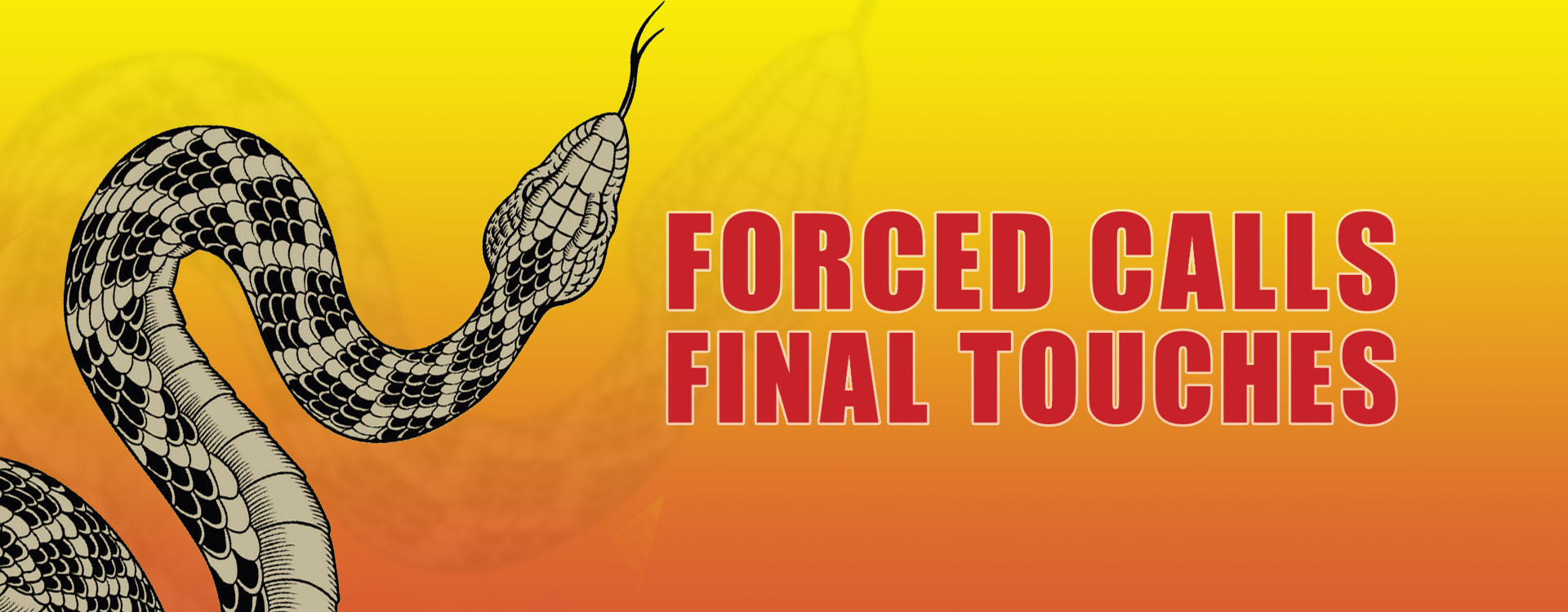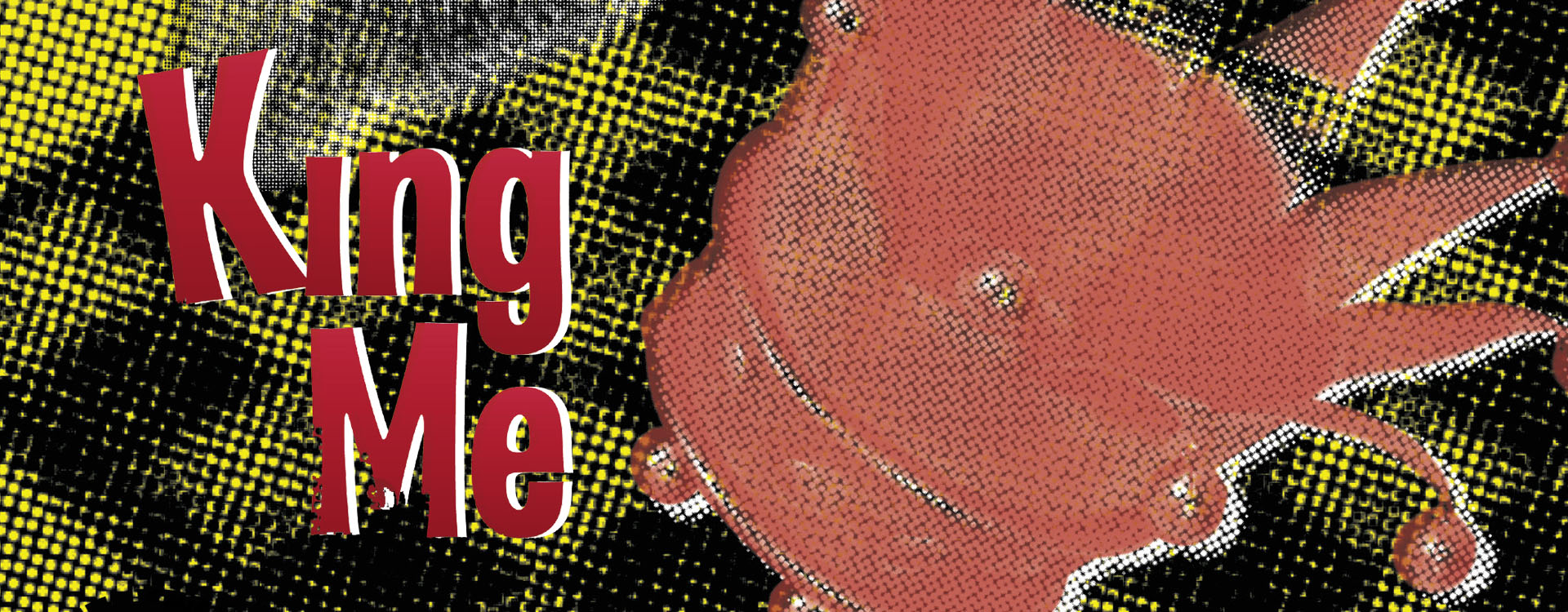Not all evil dudes are the same. And not all lines must be crossed. But Milton J. Milton must be stopped. And Samson knows it. This line must be crossed.
READ AN EXCERPT ORDER A COPY NOW
Reviews
Kirkus Reviews
A screenwriter with a spotty child-rearing record copes with a bout of unexpected sightlessness in Rowland’s third book in a series, following Cinematic Immunity (2020).
Fatherhood can be a minefield, and no one knows that better than Sam Agonistes, who is, in his own words, a “key grip turned screenwriter, fiftyish white male who does all his own stunts, not exactly ‘woke’ for some, beyond all hope for others.” He finds himself in a disagreement with his family over what to do with the remains of his estranged son, Atticus—a White supremacist who recently died trying to kill Sam at the behest of a shadowy spymaster. In the end, Sam, his daughter, and ex-wife all decide to take a third of Atticus’ ashes home with them. Sam packages his portion in an old thermos and heads immediately to an appointment with a famed fertility doctor; he’s trying to have a baby with his girlfriend, hotel manager Achu Merchant. Much to his chagrin, the ghost of Atticus begins to speak to him in his car and in a small room where Sam is to provide a sperm sample. During ejaculation, Sam’s field of vision suddenly goes white. After a doctor can find no medical explanation, Sam must attend a deposition; his ex-brother-in-law has brought a wrongful death suit against him on behalf of Atticus. (Sam insists that his son was killed by a snakebite.) Will Sam’s mistakes with his first family prevent him from trying again with a second? He’ll have to do a lot of soul-searching about what it means to be a father—a task that’s only complicated by the interference of doctors, vengeful villains, litigious relatives, and a lack of vision.
Rowland’s prose, as narrated by Sam, is clipped in style and often funny, as when self-avowed stuntman Sam decides not to stop himself from falling over right after he loses his sight; the protagonist hits the ground in the span of a second: “Now those of you who don’t normally do stunts will see this as the instant to give up on what is clearly a dangerous activity, throw out my hands, and save myself…But saving myself in mid-air isn’t an option. It’s just not what stuntmen do. Even part-time-wannabe ones. We take pride in seeing things through.” The book continues to employ the stylistic elements of its predecessor with a reliance on short paragraphs, an absence of quotation marks or dialogue tags, and frequent movie references. It’s an abstruse world to enter at first, especially given that it builds so heavily on the plot of the previous novel. Returning readers may find this sequel slightly overlong and slow paced, due to its nebulous stakes and loose relationship to reality. That said, it’s certainly fun at times, as when a 20-page section at the end is formatted as a screenplay. However, Rowland’s refusal to make the novel a bit more reader-friendly may prove to be a barrier to accessing its hidden charms.
An obstinately offbeat riff on fatherhood.




